Teachers find the most success integrating technology into the classroom when they have clear instructional goals.
Get Started for FREE
Sign up with Facebook Sign up with X
I don't have a Facebook or a X account
 Your new post is loading... Your new post is loading...
 Your new post is loading... Your new post is loading...

Sirenetta Leoni's curator insight,
November 23, 2013 6:40 PM
All voice actors should be reading aloud for 15 minutes daily for practice anyway, so if you're not doing this already with your kids, you really need to make the time to do it. It also happens to be a great way to test out and practice dialects and characters; your kids are usually more forgiving than the reviewers on Audible and Amazon. If your grandchildren, nieces or nephews live far away, there's no reason why you can't Skype-read to them...or spend 15 minutes daily recording a book that you can send them when it's completed. And if you don't have kids in your life, your local library or school would probably love to have a professional voice actor come in and read to students. Here are tips from the SAG Foundations BookPals for reading aloud: http://bookpals.net/ten-tips-for-reading-aloud/ ...and they all lived happily ever after! 
ozziegontang's curator insight,
November 25, 2013 10:28 PM
The proof is in the reading. And making it a daily practice. 
Jan Watts's curator insight,
November 26, 2013 5:09 PM
We know this, but it bears repeating, and repeating and repeating!!!!

Camille Lutz's curator insight,
April 29, 2013 11:27 PM
This information is helpful when looking at pedagogy and technology. 
Tracy Hanson's curator insight,
May 1, 2013 7:22 AM
Both useful tools when setting up your iPad efficiently

Mohini Lata's curator insight,
May 20, 2013 8:34 AM
As technology is becoming powerful and life changing how can we prepare students for the 21st century survival. The seven survival skills purposefully apply in a classroom. This links with Using Mathematical Higher order thinking - Critical Thinking and problem solving prepares students to see problems from different angles and formulate their own solutions. Collaboration encourages students to take on different roles. Agility and Adaptability – be willing to adapt to the changes around them.Initative and Entrepreneurship - always try. Effective Oral and written communication - how to speak confidently and clearly. Accessing and Analyzing Information- learn the difference between factual information and factual-sounding opinions. Curiosity and Imagination - teach them how to apply them creatively and purposefully. Technology has become an essential and important tool for education, helping teachers with their work and most importantly supporting the students. This also links with brief design technology and the digital technologies strand of the National Technologies Curriculum as students are taught how to use the technologies available to them.
|

Kimberly House's curator insight,
August 11, 2014 1:59 PM
I will definitely be using this in the weeks to come. It's a good reminder for teachers.

Carolyn Williams's curator insight,
June 2, 2013 5:58 AM
Working in a corporate industry for twenty three years and seeing the rise of operators, school leavers would benefit from 21st technological studies and how that applies to the workplace.

Mary Cunningham's curator insight,
April 7, 2013 12:54 PM
This fits really well with the SIM work that has been happening! It is a nice visual representation of the Dwek work.
Jaimee's curator insight,
March 5, 2014 10:06 AM
People/Students do not go for the challenges because they are scared of failure. With failure come consequences fro example low grades. Anyone can say the grade doesn't matter it is what you learned, however without the grade you can lose out on getting accepted into colleges or fail a class.
This article is about about how one can reach success by having a growth mindset. By gaining and having the drive to gain more knowledge. |



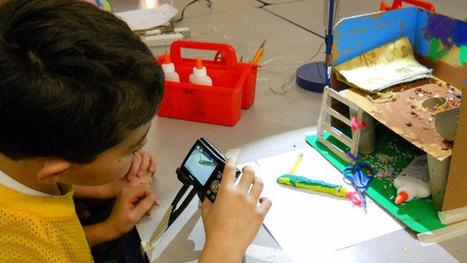

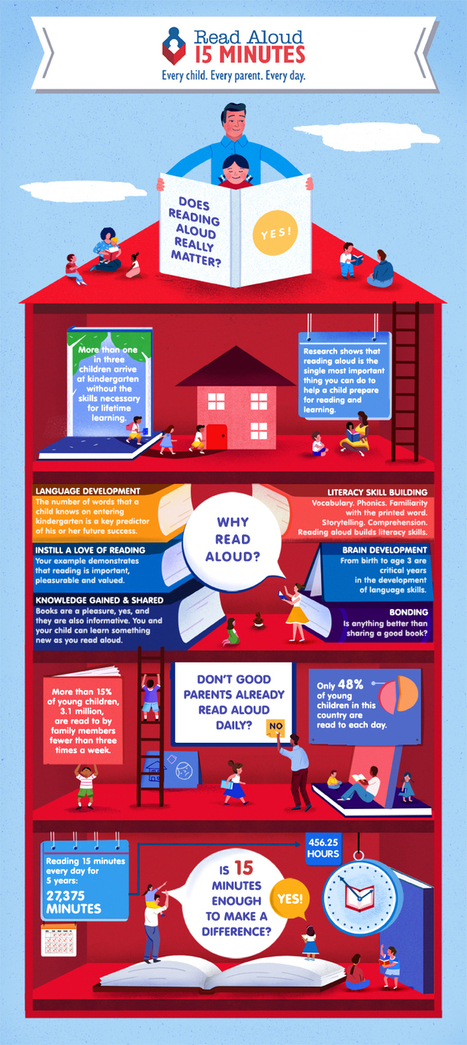
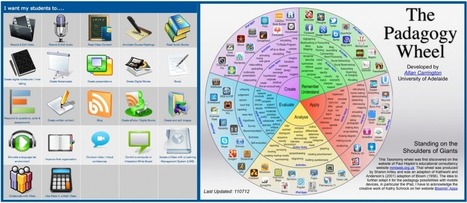

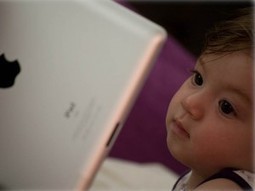

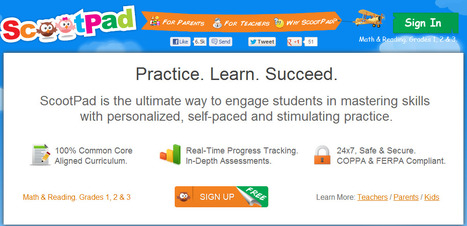
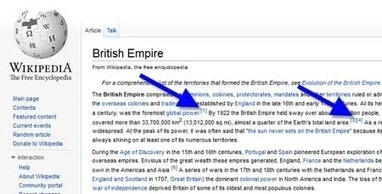
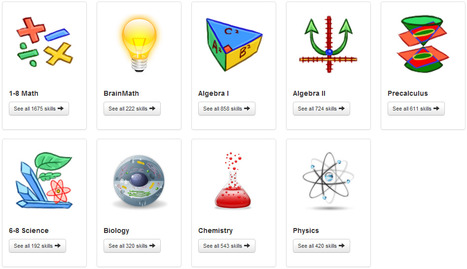

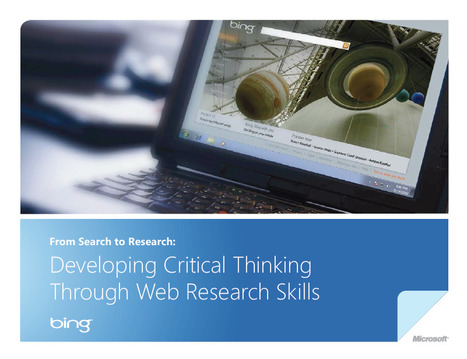


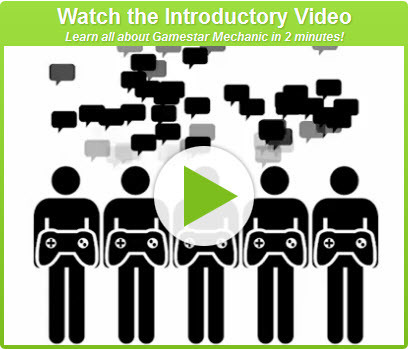

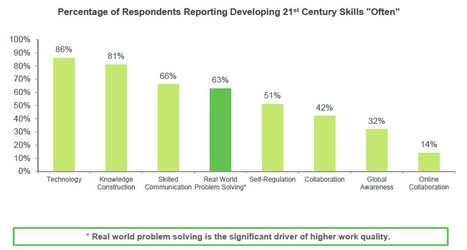

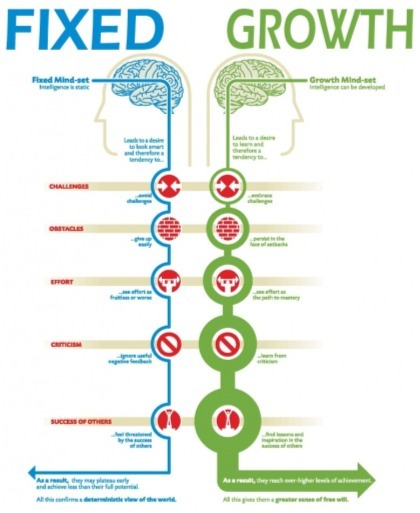
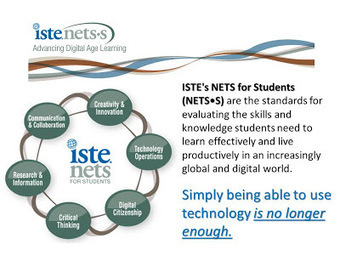
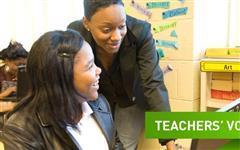












How many times have you watched a PowerPoint slide show that had lots of flash, but little content? All too often teachers may try to design a lesson around a specific tool, rather than focusing on the skills we want our students to gain, and then finding a tool that will provide the opportunity for the skills to come forth.
This post shares information:
* Look past the flash
* Present an objective, not a recipe
* Let them figure it out
* Encourage collaboration
Within the post you will also find suggestions from some teachers as well as some additional links.